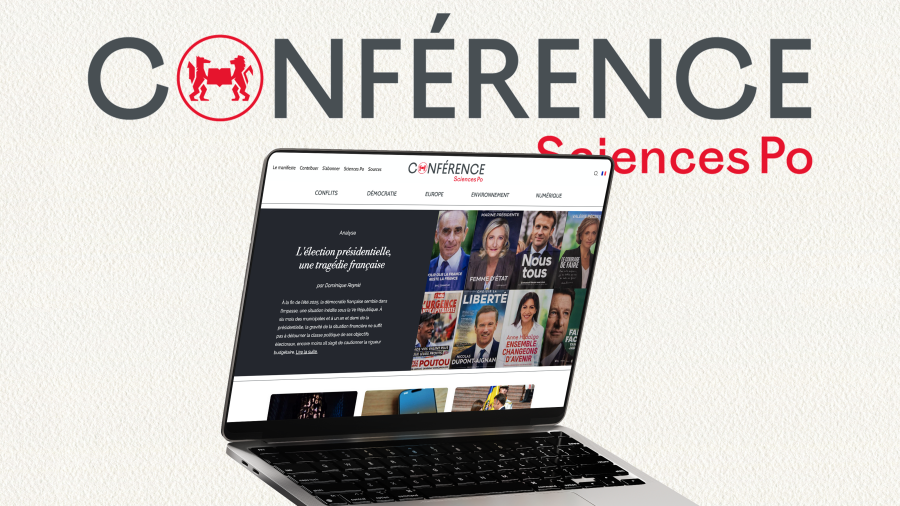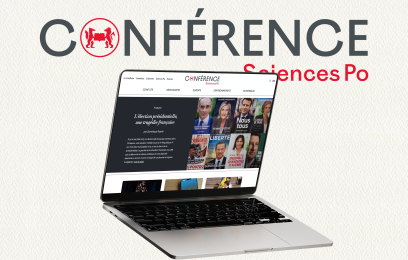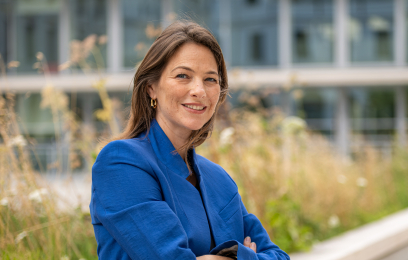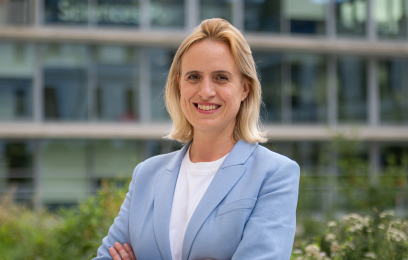Paris, 08 September – At the start of the 2025 academic year, Sciences Po is launching Conférence, a website that sheds light on public debate through the lens of the humanities and social sciences. Conférence aims to make knowledge accessible to as many people as possible, to provide perspective for understanding current events, and to open up new perspectives for building the future.
'With Conférence, Sciences Po fully assumes its responsibility: making the vast knowledge produced by our community available to all, thus informing contemporary debates and contributing to democratic life.' Luis Vassy, President of Sciences Po.
A community of experts
Conférence draws on the wide range of voices that shape Sciences Po. Researchers, professors, alumni, and students can publish articles and share knowledge rooted in their research, professional backgrounds or field experiences.
Since its launch, Conférence has brought together distinguished contributors, alongside transcripts of addresses by prestigious guests such as Joseph Stiglitz, Dmytro Kuleba, Fernando Haddad, Todd Stern, and Nadia Murad.
5 themes
- Europe – European institutions, challenges, and transformations of the European project…
Example: 'Assessing the Damage of a Trump-Putin Deal' by Jacques Rupnik - Environment – political, social, and economic facets of climate change…
Example: 'Market-Driven Approaches to Plastic Pollution Won't End Inequalities' by Manisha Anantharaman - Technology – societal impact of new digital technologies, economic models…
Example: 'Where do cyber threats come from?' by Federico Varese - Democracy – elections, rise of populism, institutions…
Example: 'Trump 2.0: The Rise of an 'Anti-Elite' Elite in US Politics' by William Genieys and Mohammad-Saïd Darviche - Conflicts – global tensions and realignments, new conflicts…
Example: “US and Israel push to end UN peacekeeping mandate in south Lebanon risks regional chaos” by Chiara Ruffa and Vanessa Newby



